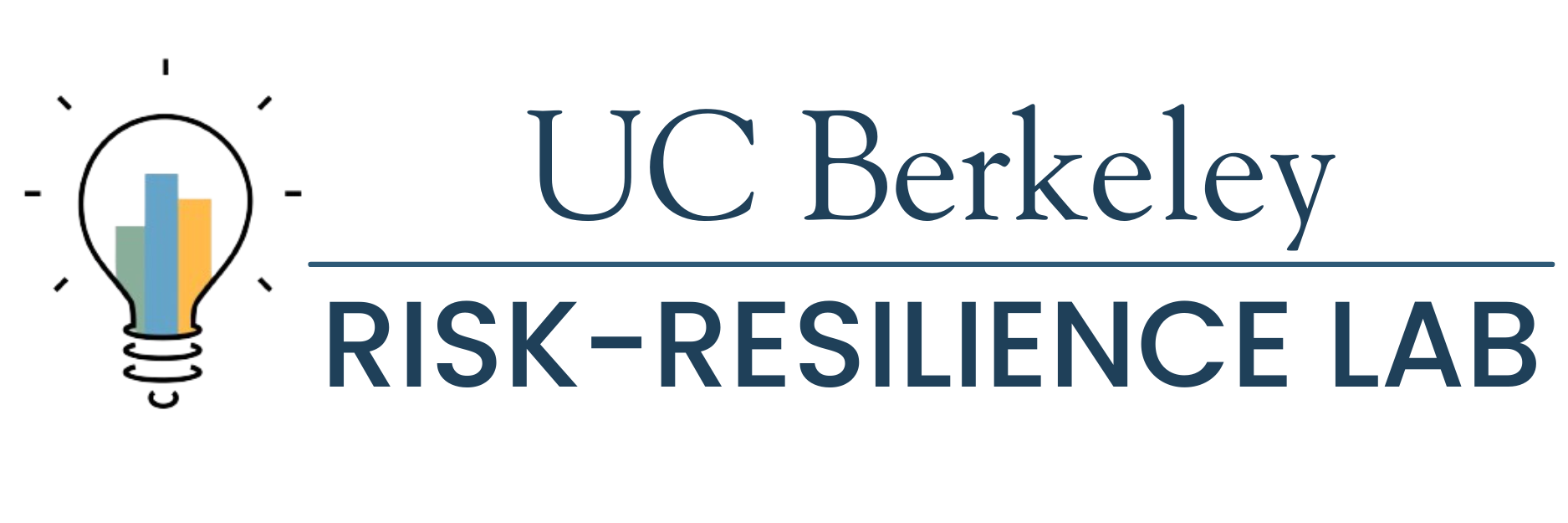
Can a videogame-supported afterschool program prevent aggression and promote wellness among at-risk youth?
We are testing a videogame-supported afterschool group that is rooted in science and co-designed with youth to develop self-control during stressful or “hot” situations.
Introduction and development
A core set of skills that help young people succeed in life focuses on the ability to pause and think before acting. These skills are essential in social situations that feel frustrating, disrespectful, or unfair. Although children need a range of learning opportunities to develop these skills, many do not get the opportunities they need—particularly those who grow up in poor neighborhoods and are at risk for aggression and other behavioral problems that can emerge in adolescence.


Over the past three years, we have been developing a scalable solution to address this unmet need. “Playing 4 Change” (P4C) combines videogame technology that engages young people with evidence-based strategies for improving self-control. We developed P4C by bringing a world-class team of experts together with the young people we’re trying to reach. We conducted a series of playtests, interviews, design jams, and iterative prototyping to integrate behavioral science with young people’s insights.
un-TILTED! A game for good
The core of P4C is un-TILTED!—a fast-paced videogame that is designed to promote thoughtful action in provocative situations but looks, feels, and engages like popular videogames young people love. P4C wraps un-TILTED! inside an afterschool group that is overseen by a coach. Over a two-month period, youth spar with a teammate on un-TILTED!, before testing their skills in the more provocative context of a competitive tournament with spectators and prizes. The goal is to reduce automatic aggressive responses and help youth “think slower” when making choices in hot situations—in games, and in life.
un-TILTED! won Gold at the 2024 Serious Play Awards—North America’s largest conference dedicated to games and learning. Reviewers appreciated our translation of behavioral science into a fun, competitive experience that helps build self-control.
Pilot trial and field experiment
In Spring 2024, we completed a pilot trial of P4C with 29 youth to test the intervention’s usability, engagement, and potential efficacy. Currently, we’re conducting a field experiment with 280 youth to test the value that P4C adds to usual school-based services in reducing aggression and school infractions, improving school engagement, and promoting well-being. The long-term goal of this line of research is to provide young people at risk with access to an innovative, youth- centered, engaging digital support for positive development.
Project leadership and partnerships
Jennifer Skeem is leading this project, with Co-PI Constance Steinkuler. Sharon Farrell serves as the Project Manager. This project is made possible through our close partnership with Seneca’s Unconditional Education Program and Bay Area schools. Partial funding is provided by Arnold Ventures. Our game design partners and experts have included the Games for Emotional and Mental Health Lab, Thijs Doornbos, Christine Nguyen, and Matthew Omernick (co-founder of Akili Interactive).

